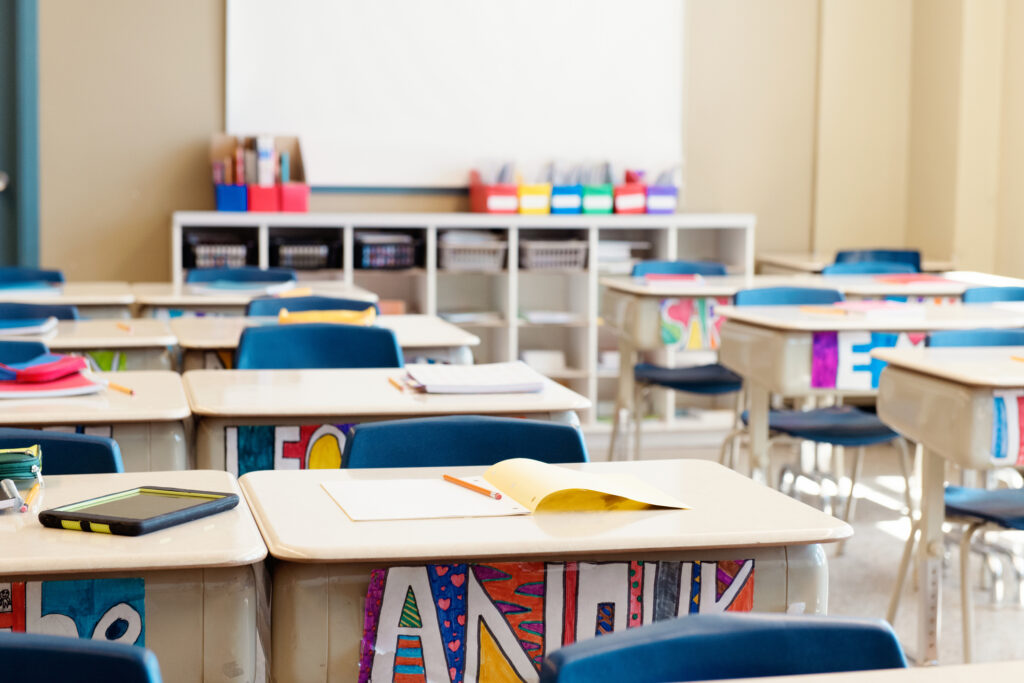The Department for Education has updated statutory safeguarding guidance in readiness for the new academic year.
The updated KCSIE guidance has been released for information so far to outline what we can expect to see when it comes into force on 1 September 2024. The guidance will replace KCSIE 2023.
The changes to be aware of are minimal this year compared to previous updates. Amendments mainly set out clarifications and update definitions to bring KCSIE in line with the updated ‘Working Together to Safeguard Children 2023’ (‘Working Together’).
To help you navigate the implications, the main changes are set out below and include:
Part one – Safeguarding information for all staff
The definition of ‘Safeguarding and promoting the welfare of children’ has been amended to reflect the definition in the Working Together guidance. The change seeks to ensure continuity across guidance that is to be read alongside one another. By way of a reminder, the definition as updated is as follows:
- Providing help and support to meet the needs of children as soon as problems emerge;
- Protecting children from maltreatment, whether that is within or outside the home, including online;
- Preventing the impairment of children’s mental and physical health or development;
- Ensuring that children grow up in circumstances consistent with the provisions of safe and effective care; and
- Taking action to enable too children to have the best outcomes.
The ‘Early Help’ section has also been amended to reflect the Working Together guidance and bring the two texts in line with one another for consistency. School and college staff should be particularly alert to the change within this section that sets out the need for early help for a child who goes missing from education or has experienced multiple suspensions, is at risk of being permanently excluded from schools, colleges and in Alternative Provision or a Pupil Referral Unit (paragraph 18). This extends the criteria of where Early Help should be actioned, and institutions should be alive to this.
The heading ‘Abuse and Neglect’ and the heading has been amended in the 2024 revisions to include exploitation. This is extended throughout the document to provide further well-rounded protection for children (paragraph 19).
Additional text has been added to develop the impact on children when referring to domestic violence. New text reads ‘including where they see, hear, or experience its effects’ (paragraph 24).
When setting out safeguarding issues and signs that children may be at risk, deliberately missing education has been amended to reflect the revised definition of unexplainable and/or persistent absences from education (paragraph 29).
Part two – the management of safeguarding
Where a child is suffering, or is likely to suffer from harm, it is important that a referral to local authority children’s social care is made immediately and, if appropriate, the police. A link has been added to ‘When to call the police: guidance for schools and colleges’ (paragraph 57).
A new paragraph has been inserted to comply with the Data Protection Act 2018 and the UK GDPR requirements and refer schools and colleges to guidance that assist in compliance with data protection regulations (paragraph 93).
A clarification has been added at the ‘Alternative Provisions’ section to confirm that where a school places a pupil with an alternative provision provider, it continues to be responsible for the safeguarding of that pupil and should be satisfied that the placement meets the pupil’s needs. This is an important consideration for institutions when placing pupils elsewhere as the responsibility for safeguarding does not cease (paragraph 171).
Links have been added to the NSPCC advice on protecting children with special education needs and deaf/disabled children and young people (paragraph 204).
The section covering ‘Children who are lesbian, gay, bisexual or questioning their gender’ has been expanded to comply with gender questioning children guidance terminology. There are many unknowns about the impact of social transition and the wider vulnerabilities that may be associated. When families and carers are making decisions about support for gender questioning children, the guidance encourages clinical help and advice to be sought. The guidance further advises schools and colleges to take a cautious approach and consider the broad range of individual needs when supporting a gender questioning child (paragraphs 205-209).
Note there is a disclaimer that the amendments remain under review pending the outcome of the questioning children guidance consultation and final gender questioning guidance documents being published.
Part five – child-on-child sexual violence and sexual harassment
The meaning of ‘Early Help’ has been amended to reflect the wording in the Working Together guidance and is set out as support for children of all ages that improves a family’s resilience and outcomes or reduces the chance of a problem getting worse (paragraph 497).
Annex B – Further information
Further information for children and the court system has been added to clarify that there are two separate age-appropriate guides for schools to use to support children in the court system. The guides are separated to support children 5–11 year-olds and 12–17 year-olds.
Annex C – Role of independent safeguarding lead
Further guidance has been added to inform the safeguarding lead of rationale for making decisions. The Designated Safeguarding Lead should be equipped to be able to keep detailed, accurate, secure written records of all concerns, discussions and decisions made including the rationale for those decisions. This should include instances where referrals were or were not made to another agency such as local authority children’s social care or the Prevent program.
Next steps
We encourage schools and colleges to begin reviewing their safeguarding, child protection and other related policies and procedures as soon as possible (and at the latest before the new KCSIE comes into effect on 1 September 2024). The updated version of KCSIE includes a summary of the substantive changes at Annex F which may assist when updating policies and procedures.
If there are any queries in relation to the new guidance or obligations contained within it, we are more than happy to assist.
Our latest education content

The updated CMA guidance for higher education – what’s changed?
What Does The Employment Rights Bill Mean For Schools?
How Should Institutions Respond to the new OfS Guidance on Freedom of Speech?
Cardiff University secures landmark injunction to protect campus from unlawful encampments
See more articles >
Cardiff University secures landmark injunction to protect campus from unlawful encampments
Shakespeare Martineau Appoints Director of Higher Education
How Should Institutions Mitigate Legal and Regulatory Risk Following the OfS’s Sussex Decision?
See more articles >






